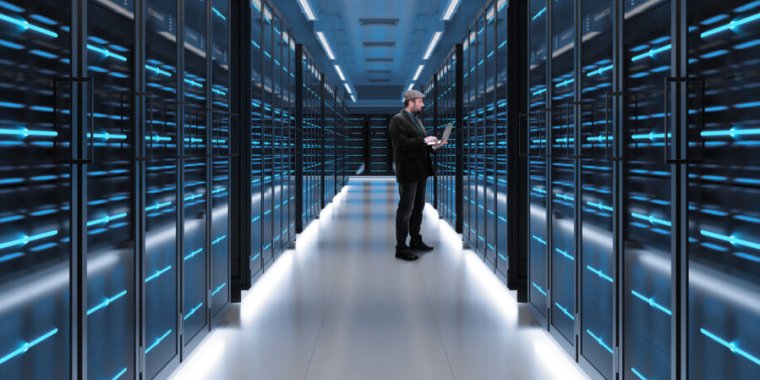
Researchers Eliminate Matrix Multiplication in LLM...
Researchers have made a groundbreaking discovery in the field of artificial intelligence by eliminat...
Read more
Source: https://arstechnica.com/ai/2024/06/is-generative-ai-really-going-to-wreak-havoc-on-the-power-grid/
The article explores concerns that the rapidly growing demand for artificial intelligence (AI), particularly generative AI, could significantly strain the power grid. While some experts warn of a potential energy apocalypse due to the high computational demands of training and running AI models, others argue that the impact is likely to be less dramatic and can be mitigated through technological advancements and strategic planning. The article highlights the following key points: * **Generative AI's Energy Consumption:** Generative AI models, such as ChatGPT and DALL-E, require enormous amounts of energy for training and operation, often consuming as much electricity as a small city. This energy consumption is attributed to the complexity of the models and the vast datasets they process. * **Potential for Grid Overload:** The rapid growth of generative AI could lead to a surge in energy demand, potentially straining the capacity of existing power grids. This could lead to blackouts and other disruptions. * **Counterarguments and Mitigation Strategies:** Proponents of AI argue that its benefits, such as automation and efficiency, could outweigh its energy costs. Furthermore, technological advancements, such as more energy-efficient hardware and software, are being developed to address concerns about energy consumption. Additionally, power grids are being upgraded and expanded to accommodate increasing demand. * **Importance of Planning and Collaboration:** The article stresses the need for careful planning and collaboration between AI developers, policymakers, and energy providers to ensure a sustainable future for both AI and the power grid. * **The Role of Renewable Energy:** The transition to renewable energy sources, such as solar and wind power, is considered crucial to address the energy challenges posed by AI's growing demand. This shift could help reduce reliance on fossil fuels and minimize the environmental impact of AI development.
Summary
"The article concludes that while generative AI's energy consumption is a significant concern, it is not necessarily an imminent threat to the power grid. Technological advancements, strategic planning, and collaboration between stakeholders are key to mitigating the potential challenges and ensuring that AI development remains sustainable and responsible."
Updated at: 06.27.2024
Categories